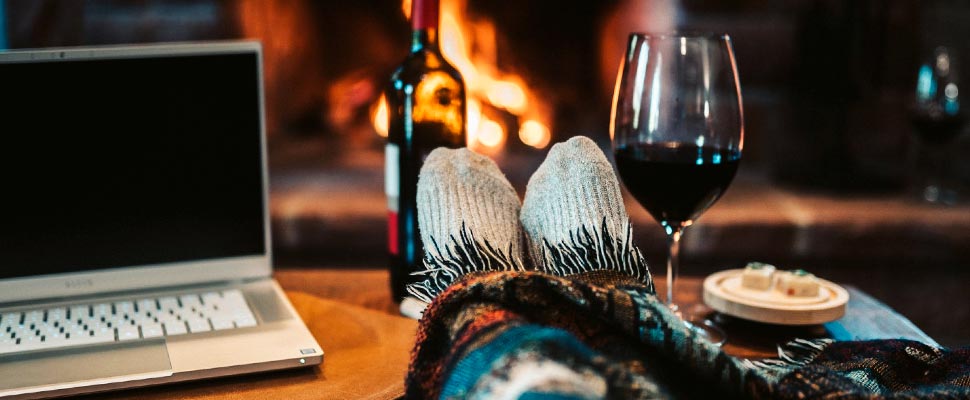Are we drinking more alcohol during quarantine?
Being locked up in our houses made us think that less alcoholic beverages would be consumed. However … did it turn out to be true?.

Consumption habits were affected by the quarantine period. / Photo: Pexels
LatinAmerican Post | Ariel Cipolla
Listen to this article
Leer en español: ¿Estamos bebiendo más alcohol durante la cuarentena?
The quarantine changed people's consumption habits . One of the most notorious happened with alcohol, in the sense that, previously, many people met in bars or discos to enjoy a few drinks. However, the impossibility of accumulating people due to the possibility of increasing infections was lethal for many businesses.
In this sense, the Bae Negocios website highlighted that, in the Autonomous City of Buenos Aires, some “famous bars and restaurants” closed due to the economic crisis of not having customers in their stores. Faced with this situation, many people would think that alcohol consumption, for example, would decrease due to the decrease in customers.
However, the situation seems surprising. The Infobae website highlighted that the quarantine "changed the consumption of alcohol in Argentine" , in the sense that the purchase of alcoholic beverages in people aged 35 to 44 years increased by almost 10%. Therefore, we decided to find out what is happening with this situation and if the habit of drinking alcohol could be changed.
Alcohol use during the pandemic
The world before isolation seems like a thing of the past. As we cannot have recreational activities at night outside the home, it seems that everything that referred to clubs or bars is now done in a "home-made" way. Thus, we see that alcohol consumption, for example, has changed in recent times.
From the CONICET perspective, a group of researchers from the Gino Germani Institute mentioned that 45 percent of people "drink more alcohol than before isolation", something that can be seen in the lines of supermarkets, where one of the elements that never fail are the bottles of beer, wine or some other stronger drink.
However, this situation also seems to occur in other regions of Latin America. The website of the German Clinic of Chile highlights the importance of “measuring alcohol consumption in quarantine”, since it is a tool that is being used to “alleviate the anguish” of being unable to leave.
The Noticieros Televisa website also highlights that a similar situation occurs in Mexico. From this perspective, alcohol consumption in the country "increased during quarantine" , arguing that this figure may have increased due to the anxiety that isolation can cause, generating stressful situations in which people "escape" through of a bottle.
Therefore, we are not only talking about a completely individual consumption, but also through virtual meetings. For example, we see that the website of El Salvador highlights that you can make "plans for the night" through applications to meet friends without leaving home. Especially on the weekends, where, by drinking, they can socialize with caution.
Also read: Asthma may not be a significant risk factor for severe COVID-19
This can be seen in some particular products, such as white beverages. For example, the American Retail website highlights that "liquor consumption increased during the Colombian quarantine." This could also be because people no longer spend money to attend social events, so they prefer to buy a bottle to consume from home.
Therefore, we see that in Colombia there is also an increase in alcohol sales, something that La FM portrays. However, there also appears to be a decrease in tobacco sales, which could be demonstrating a change in consumption habits, since the drinks appear to be easier to share "virtually" than a cigarette.
Given this situation, it can be seen that alcohol, in a moderate way, can be a virtual link between people. In other words, the excuse of getting together to "have a drink" can also be applied through video calls, so that, in community, this situation can be handled better. Obviously, always with limits, to avoid all kinds of problems.





